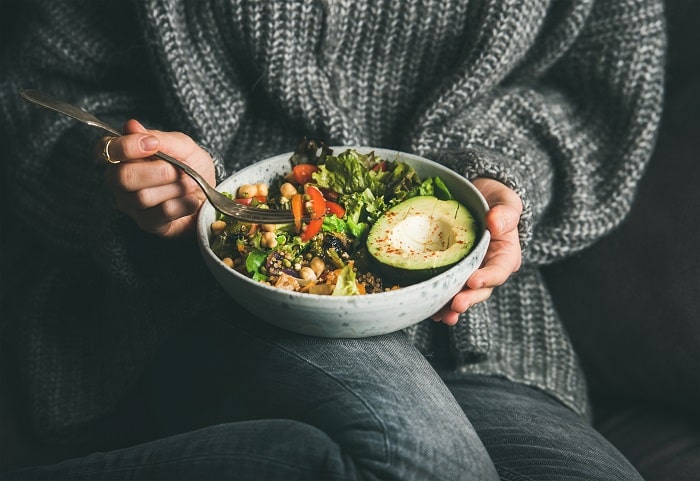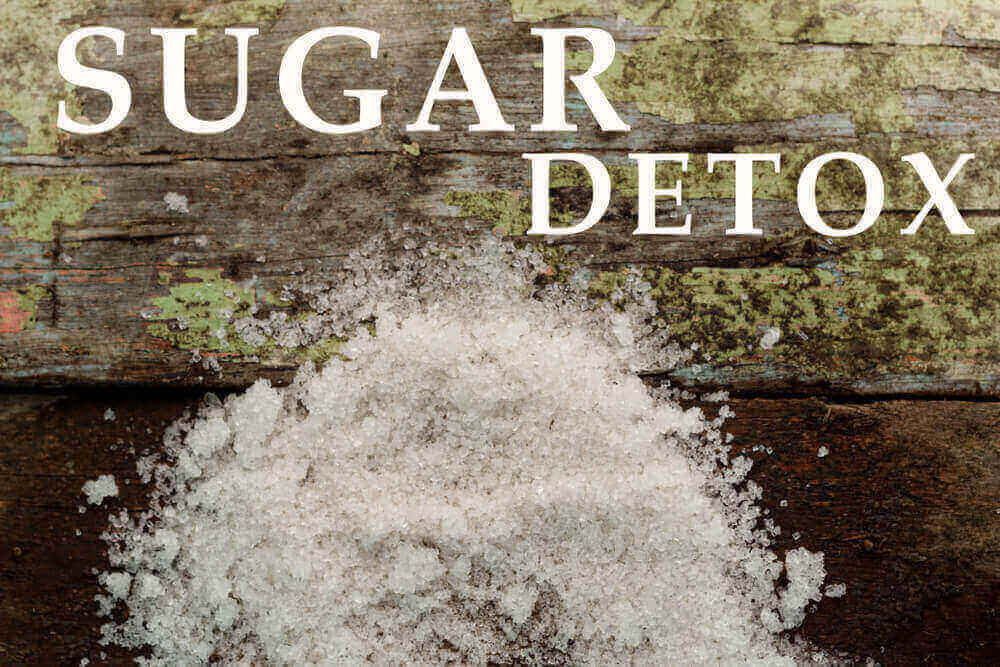DOES GLUTEN-FREE HELP IN CELIAC DISEASE:
The simple answer to this question is, Yes. A gluten-free diet in your food routine so far is the only treatment that can majorly help people diagnosed with celiac disease. This disease is generally considered to be treated best by preventing or excluding meals and foods that are rich in gluten. This in return, prevents the lining of the small intestine from getting damaged, infected, and harmed.
Some of the linked symptoms to celiac disease include diarrhoea, fatigue, bloating, stomach pain and such.
WHAT IS CELIAC DISEASE:
Celiac disease is a serious immune reaction that is usually triggered when intaking gluten. It is also widely known as gluten-sensitive enteropathy. This is likely to occur in human beings who are intrinsically predisposed to damaging small intestines because of ingestion of gluten.
Gluten is a formalistic protein that is very naturally found in certain grains such as rye, wheat, barley etc.
Gluten is mostly linked with wheat containing food that are obviously without a doubt copious in our everyday meal lifestyle. Gluten as such, provides no requisite nutritional benefits whatsoever. Furthermore, it also prevents the soaking up of some nutrients.
People who are excessively conscious about their diet and physical health usually tend to exclude gluten out of their daily meal routines for their own health benefit.
Over time, the more intake of gluten one has the faster and more dangerous it creates an increase of inflammation that severely harms the small intestine; further leading to more complicated medical problems in the body.

CONDITIONS:
When one is diagnosed with Celiac disease, the intake of gluten will cause the immune system to demolish or tear down villi; which are the minute pipe-like tubules that line the small intestine. And if the villi are completely eradicated, this will cause the body to be extremely malnourished despite the intake of abundance of food as the body will fail to absorb any nutrients properly and entirely. This can later on lead to very severe and potentially deadly complications such as seizures, muscle aches/weakness and even cancer.
Celiac disease is relatively common and almost has more than 1 million cases per year in India itself and requires a professional medical diagnosis. This disease can be helped with the assistance of an executive medical treatment but this condition mostly is incurable.
DIETARY CHANGES IN LIFESTYLE TO COPE WITH CELIAC DISEASE:
As mentioned, a gluten-free diet is your only solution and the holy grail to dealing with celiac issues. Changing your diet to food that contains absolutely zero gluten is the way to go and saving your body from potentially risky harmful consequences.
Saying no to most grains, pasta, pizza and processed food should be the new approach to food routine. Always make sure to thoroughly read the back of the package when buying any uncooked food or ingredient to prevent from choosing any gluten mixed product.
Fortunately enough, in today’s era, you are offered a gluten-free product almost in every convenient store. One can easily manage to buy a gluten-free pasta, bread, and many such products without really having to cut off the basic foundation of any meal.
WHAT TO ADD TO YOUR NEW GLUTEN-FREE DIET:
People with celiac disease can go ahead and add these specific dietary guidelines to their everyday meal plans to prevent any further complications in their health:
1. Dairy products: Any dairy products is a good source of protein, calcium, and vitamins which are good and healthy for the body. One can add products such as butter, cheese, and even milk.
2. Rice and rice noodles: Rice, whether it is wild, brown, or white, entirely is gluten-free and is generally considered a wonderful option for celiac disease patients. Natural rice is a great add-on to one’s diet who is specifically concerned or sensitive to gluten. Many packaged products are also made from rice flour instead of wheat flour to prevent intake of gluten.
3. Vegetables and fruits: Various vegetables and fruits are gluten-free making it an easier choice for meal plans for people with celiac disease. One can also add meat, fish and even potatoes to their new formed gluten-free diet.
Many people find it hard to figure out what to intake and what to prevent in cases or conditions as such which usually leaves them feeling bewildered about their dietary choices.
However, Dr. Ashu Gupta an expert and a licensed professional in dietary science and practices, have been involved and devoted her life into treating her patients by suggesting to them the best of dietary charts, guidelines and procedures on many such medical conditions that require a drastic harmful meal replacement.
Dt. Ashu Gupta is considerate in assisting anyone who is hanging in the dilemma about their dietary decisions. She remains a top and wonderful choice for people and patients who are still skeptical of choices of their food supplements that are either not experienced or have a potential expertise in making the decision about their meal plans, health and body.
Dt. Ashu Gupta has completely articulated the importance of food and diet in healthcare which is how every person receives a different and a custom made diet chart as per their health issues and conditions according to whatsoever their concerns and healthy well being may be.






.jpg)

